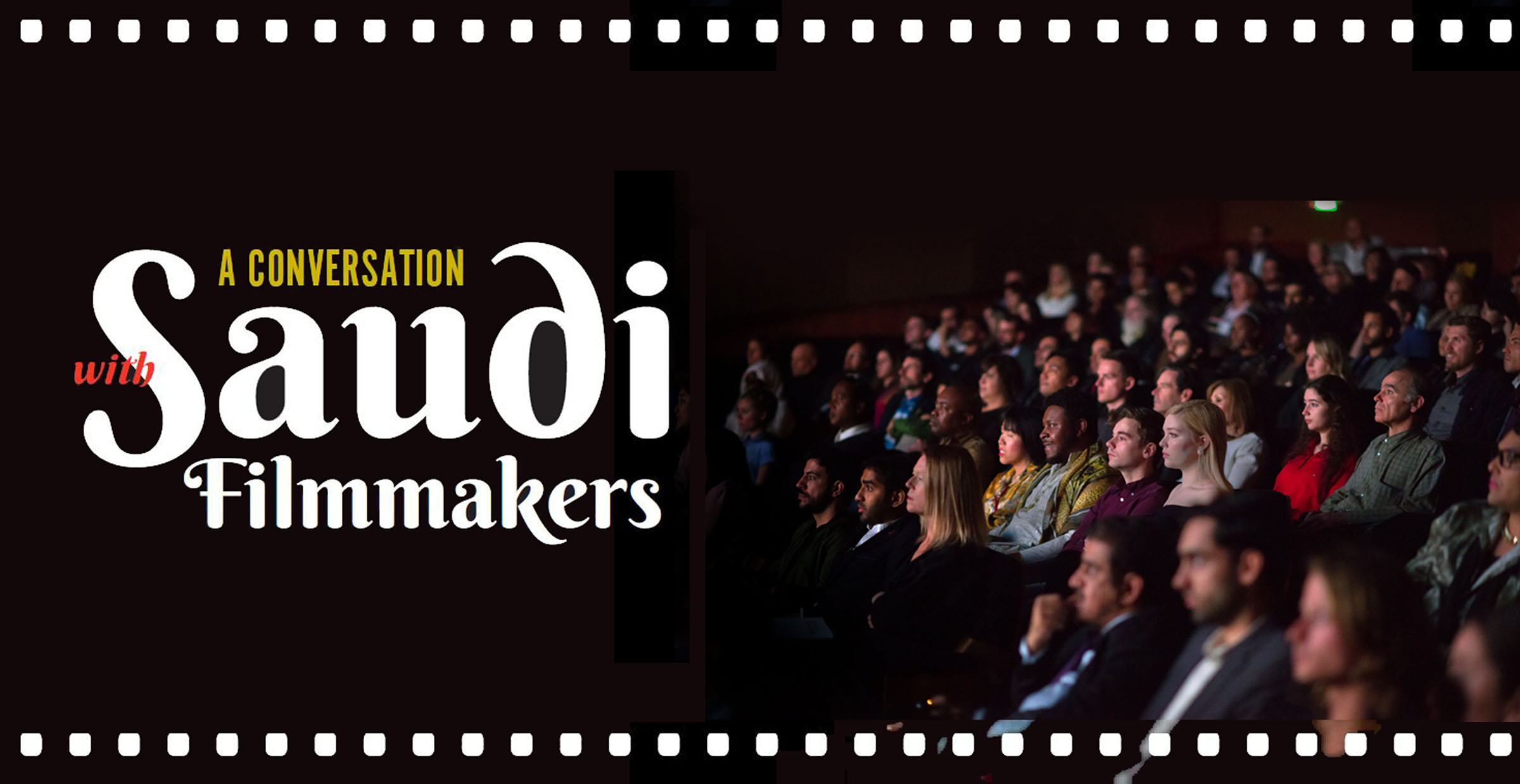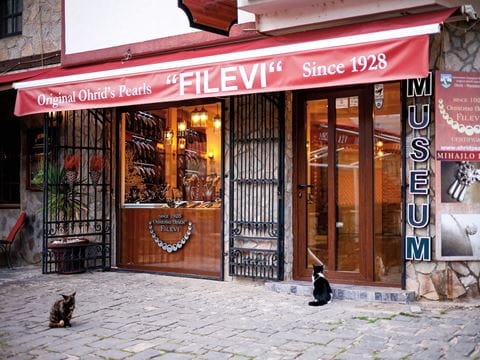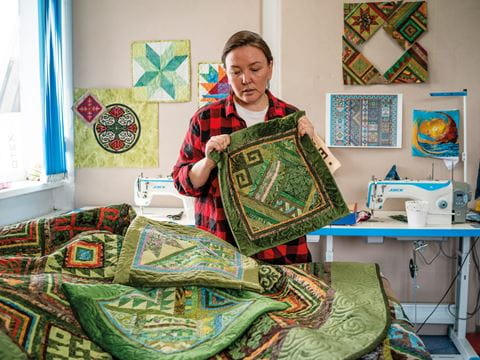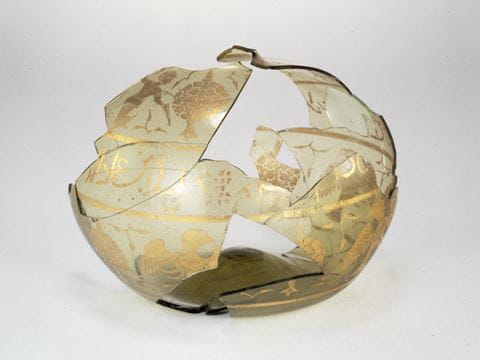
A Conversation with Saudi Filmmakers
Twelve short films. Five video installations. Three days. Seven Saudi filmakers talk about one of the world's fastest-emerging film industries.
Twelve short films, five video installations and one feature film, all by young directors from Saudi Arabia, screened April 2-4 at the Linwood Dunn Theater in Los Angeles.
Josh Welsh, president, Film Independent and panel moderator: I just got back—my colleague and I were just in Saudi Arabia until two days ago for our first trip over there.… It truly feels like a historic moment there, where there are significant changes coming to the film and tv and cultural landscape. So I'll start by asking each of you, "What is unique to Saudi filmmaking?"

Shahad Ameen, director: I feel that no matter how many things I try to write, I end up in some magical situation and fantastical one. And I always feel that it goes back to our language, because our language is very metaphorical. And it has vision. If you read an Arabic poem, you’re seeing pictures.
Andy Tennant, director: It’s important to learn from the audience, and I think it’s going to be interesting for [Saudi] filmmakers to actually hear what the response is…. You don’t necessarily give the audience what they want, you give them what you’re feeling.
Mohammed Al-Bashir, screenwriter: There are stories in Saudi that haven’t been even touched before…. We are used to the oral world and oral storytelling. So introducing this image and way of expressing ideas and emotions, and myths and legends, is very exciting for us as modern storytellers.
Welsh: I’m curious about the different regions in Saudi Arabia and how they might influence filmmaking. Are there particular storytelling traditions in those regions that show up in your work or that you think we can expect to see from other Saudi filmmakers?

Ameen: There are diverse voices, and that’s kind of wonderful…. Cinema does not stand on one person solely, or one genre solely.
Al-Salman: I think there are diverse filmmakers…. There are comedy films and realism, and also this surreal and also the sarcastic tone that I talked about. I’m not sure if the region would have this effect.
Welsh: There’s sometimes a perception that Saudi film is starting today, but that’s clearly not the case.
Abdul Rahman Sandukshi, director: At the beginning, when we were starting the experience of filmmaking, we were very excited, and we wanted the first movie to be the best and perfect…. [I worked on a film about] Alzheimer’s that took one and a half years. People would say, “Wow, you took too much time on this movie.” But I wanted it to be perfect. Then, I learned stories really don’t end. There are millions and trillions of stories. You can find a story anywhere. By the door you can find a story. Stories are everywhere. So just finish that [film]…. That I learned the hard way. Just finish the movie and start with the next one.


(Question from audience:) Do you see this as a way to change the perceptions of Saudi Arabia?Al-Salman: Sure.… We need to form and tell our stories by our own.
Ameen: I believe film is an emotional experience, and we can’t humanize people [if] we don’t see their emotions. So seeing work that’s coming out of real stories, real emotions from our point of view, an Arab story, I think will just bring us closer because it’s going to humanize us more, and you realize at the end of the day after watching these films you’ll say, “We all feel the same things, and we’re all just humans.”
Mohammed Al-Faraj, director: I see what is happening here as a plant. And this plant is growing out and blossoming. And hopefully it’s going to be fruitful for everyone.
You may also be interested in...

Family Secret: The Mystery of North Macedonia’s Ohrid Pearls
Arts
Artisans are preserving the elusive technique behind these pearls—handmade from a fish, not an oyster—in a town of Slavic, Byzantine and Ottomon influences.
Stitches of Identity: Traditional Patchwork Quilting in Kazakhstan
Arts
Rising demand for hand-crafted textiles has brought about a reinvention of the kurak craft in Kazakhstan, where the cultural symbolism behind each motif goes deeper.
History in Objects: 12th-Century Glass Flask an Islamic Golden Age Masterpiece
History
Arts
Golden Vessel From the Islamic Golden Age Reflects Cross-cultural Connections